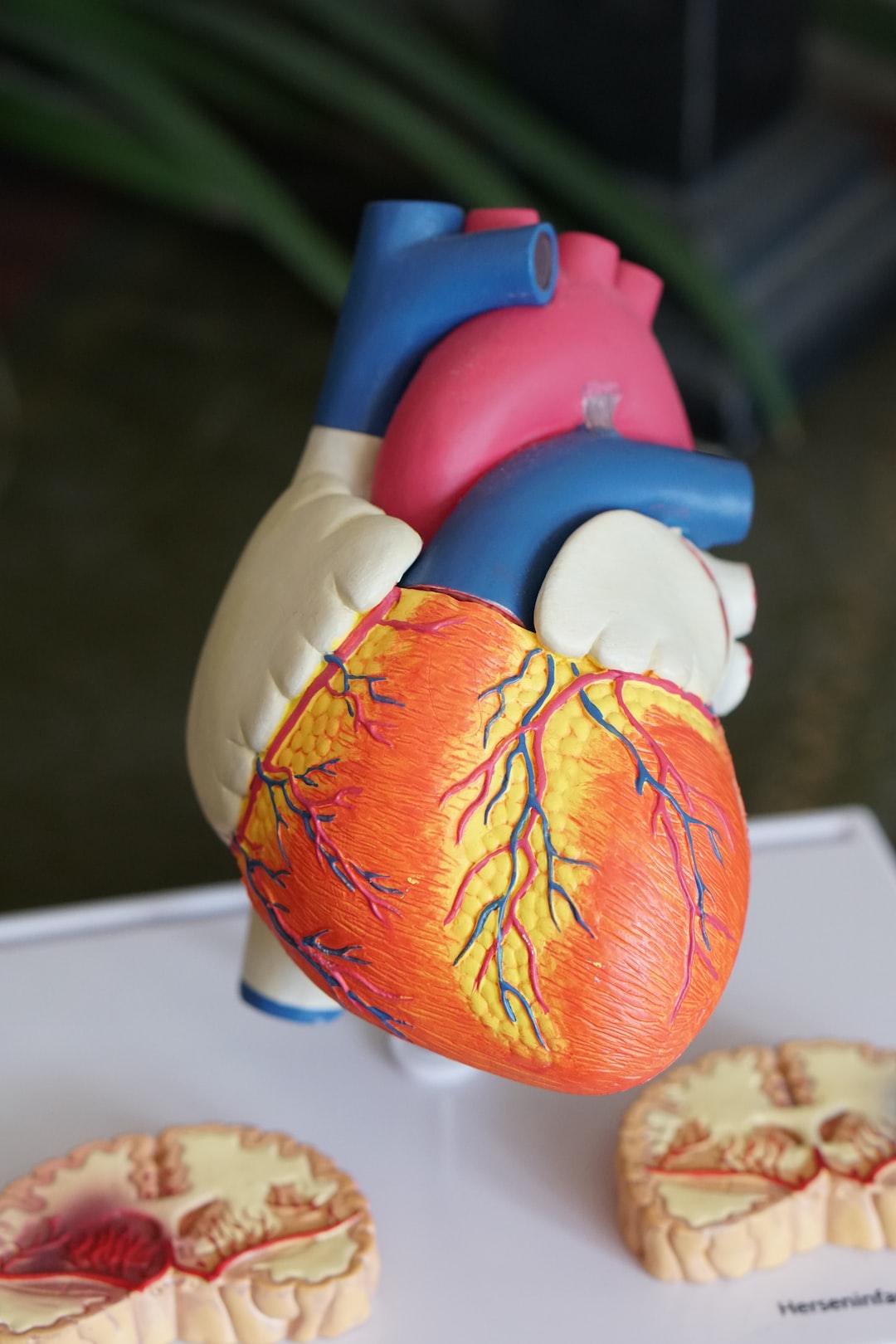The Link Between Nutrition and Mental Health
It is no secret that what we eat and drink can have a profound impact on our physical health, but did you know that it can also affect our mental health? The link between nutrition and mental health is a topic that has gained increasing attention in recent years as more and more research is conducted on the subject. In this blog post, we will explore the fascinating connection between nutrition and mental well-being.
To understand the link between nutrition and mental health, it is important to recognize that the brain is a complex organ that requires a wide range of nutrients to function optimally. Just as a car needs the right fuel to run smoothly, our brains need the right combination of vitamins, minerals, and other essential substances to keep us mentally sharp.
One of the key players in this equation is omega-3 fatty acids. These healthy fats are found in abundance in foods like fatty fish, walnuts, and flaxseeds. Research consistently suggests that omega-3 fatty acids can reduce symptoms of depression and anxiety, improve cognitive function, and support overall brain health.
Similarly, B vitamins play a crucial role in mental health. B vitamins, such as B6, B9 (folic acid), and B12, are involved in the production of neurotransmitters that regulate mood. Deficiencies in these vitamins have been linked to an increased risk of depression and other mental health disorders. Good sources of B vitamins include eggs, leafy greens, and whole grains.
In addition to specific nutrients, the overall quality of our diet has a significant impact on mental health. Diets that are high in processed foods, refined sugars, and unhealthy fats have been associated with an increased risk of depression and anxiety. On the other hand, diets that are rich in fruits, vegetables, whole grains, lean proteins, and healthy fats have been linked to a reduced risk of mental health disorders.
The gut-brain connection is another fascinating aspect of the link between nutrition and mental health. Research suggests that the trillions of bacteria living in our digestive system, collectively known as the gut microbiota, play a crucial role in brain health and function. In fact, the gut has been referred to as the “second brain” due to its impact on our mental well-being. A healthy gut microbiota, which can be achieved through a balanced diet rich in fiber and fermented foods, has been associated with reduced symptoms of depression and anxiety.
Furthermore, it is worth noting that nutrition can also impact our sleep patterns, which in turn affect our mental health. For example, a diet high in caffeine or sugar can disrupt sleep, leading to mood disturbances and decreased cognitive function. On the other hand, foods rich in certain amino acids, such as tryptophan found in turkey, can promote the production of serotonin, a neurotransmitter that helps regulate sleep and mood.
While it is clear that nutrition plays a significant role in mental health, it is important to recognize that it is not a cure-all. Mental health disorders are complex and often require a combination of treatments, including therapy and medication. However, adopting a healthy and balanced diet can provide a solid foundation for overall well-being and may even complement other treatment methods.
In conclusion, the link between nutrition and mental health is undeniable. By eating a diet rich in essential nutrients, especially omega-3 fatty acids and B vitamins, and maintaining a healthy gut microbiota, we can support our mental well-being and reduce the risk of developing mental health disorders. Additionally, paying attention to our overall diet and sleep patterns can also have a positive impact on mental health. So, let food be thy medicine and nourish both your body and mind.

